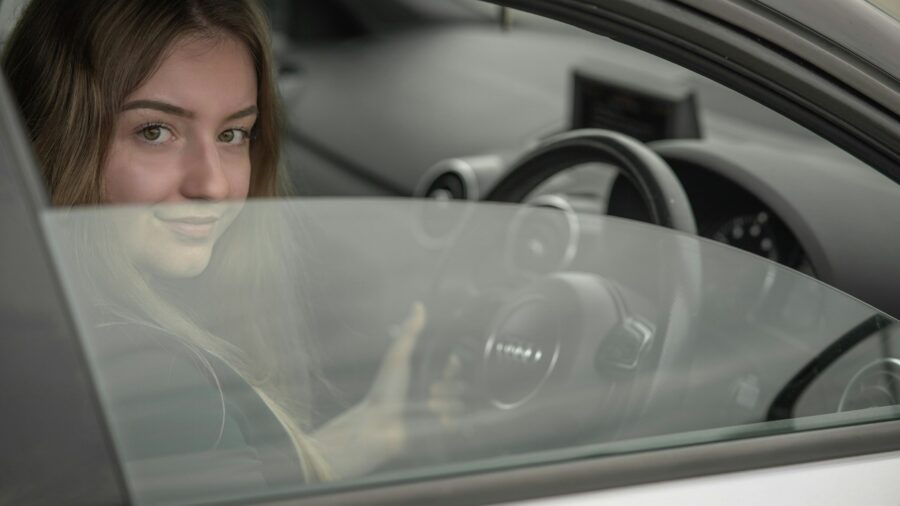Many parents naturally want to be involved in their children’s driving. Consider whether you should teach your kids to drive. Do you still know the road rules? What if you pass on your bad driving habits?
Teaching how to drive is stressful
Allianz research in 2022 found learning to drive is equally stressful for two thirds of learners and teachers. Often the teacher’s behaviour, whether they looked visibly tense, were impatient, or raised their voice, created stress. Research also found:
- 60% of teachers admitted they didn’t check the road rules before teaching.
- 56% of teachers didn’t reflect on their own bad habits.
- 41% of learners said their teachers didn’t always set a good example.
Meanwhile, a third of learners and teachers wished they were more appreciative, empathetic and patient in the process of learning to drive.
Parents can’t teach what they don’t know
An NRMA survey came to the conclusion that parents lacked driving knowledge in crucial areas, according to learners:
- 61% said their parents could not teach them how to parallel park, merge and check blind spots.
- Half said parents did not have the grasp of road rules to successfully pass exams.
- 30% said their parents taught them something their instructor claimed was wrong, especially indicating at roundabouts.
Of course, the rules and the environment for driving change over time. Parents who passed their tests in the 1980s may need an update. Currently Queensland is considering forcing drivers to take a driving test when renewing their licence.
Kids drive like their parents
Kids are most likely to drive like their parents. In one UK study, two thirds of drivers who had broken road laws were just like their parents. In fact, only a quarter of rule-breaking drivers had parents with clean driving records.
A quarter of drivers claim they learned bad driving habits, such as speeding, road rage and bad parking, from their parents. However, 55% thought they were better drivers than their parents.
Israeli research found an interesting gender link. Boys were more likely to imitate their fathers and girls to imitate their mothers in their driving style. There were four driving styles:
- Reckless and careless
- Anxious driving
- Angry and hostile
- Patient and careful.
Researchers concluded, because children observe driving from as young as 5, the same gender parent becomes a role model for their own driving styles. For this reason, some parents might not be the best teachers for their offspring.
Parents use phones while driving children
A recent Australian study found parents were using their phones while driving with children aged 10 and under. This was in spite of claiming they “never” used social media or texted while driving with children. More than quarter had read a text or used an app while driving with their children.
Parents most likely to do this were inclined to fear being without a phone and to take part in other types of risky driving. Clearly there are consequences for the children, whether in their future driving habits or the risk to their safety in the parent’s car.
Teaching to drive is your choice
It is natural a parent wants to be involved in their children’s driving and, in many cases, share their car. Research suggests teens who share the car tend to discuss and plan their journeys more. They feel less free and entitled than when they drive their own car.
Teaching to drive is also an opportunity for negotiation, cooperation and problem solving. However, if you don’t feel you are up to the task, it may be better to send your child to an instructor who is well versed in the road rules and how to pass exams.
Also see More on what L and P platers need to know.


your opinion matters: